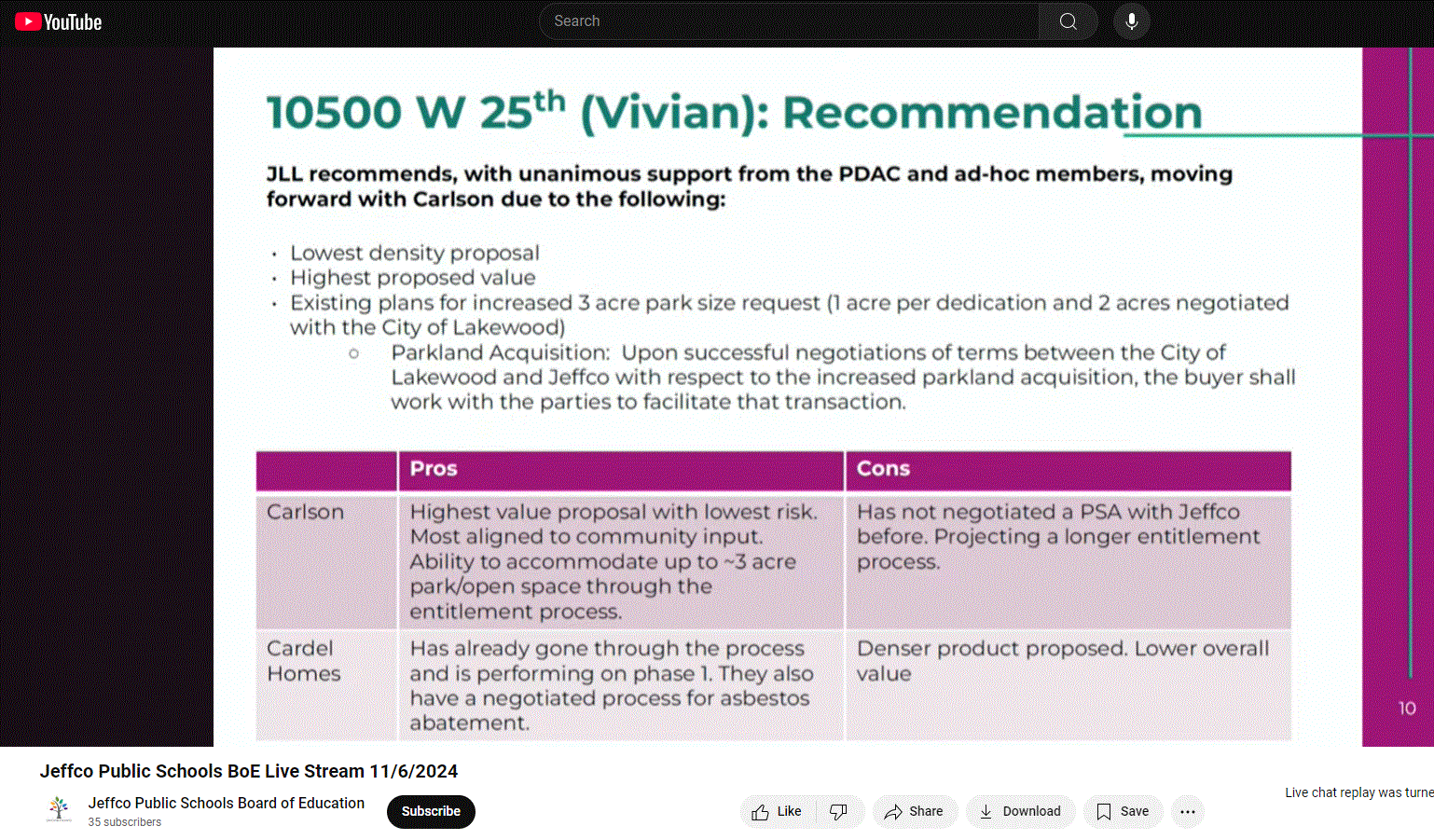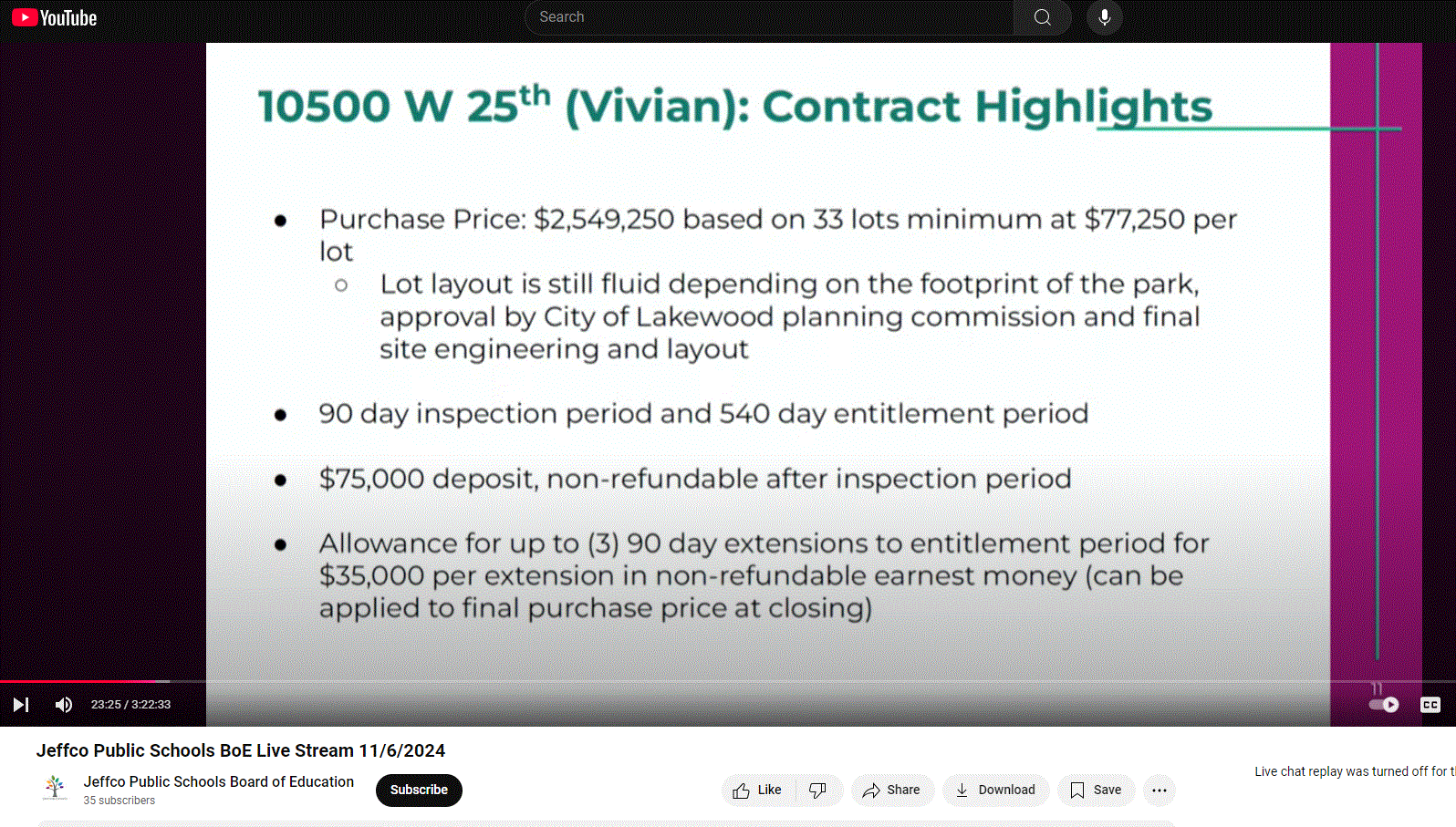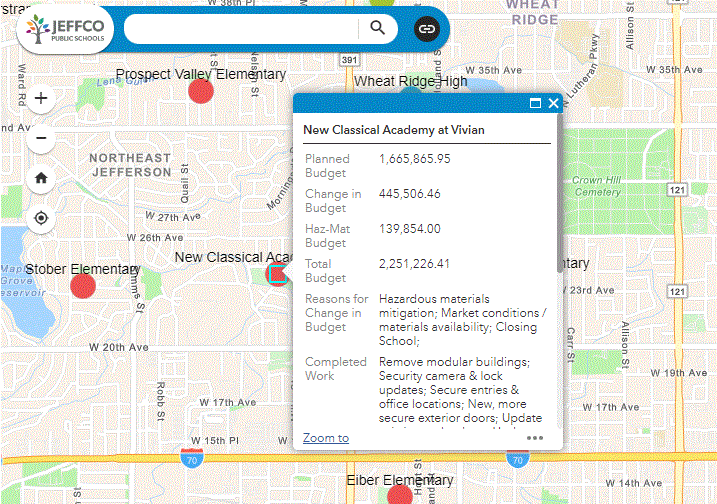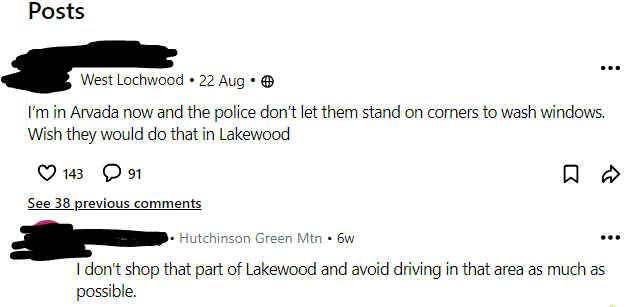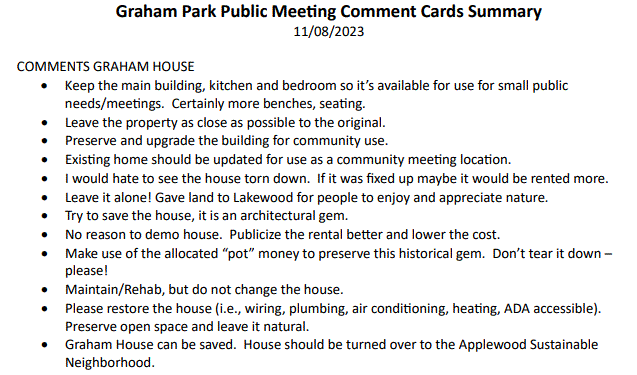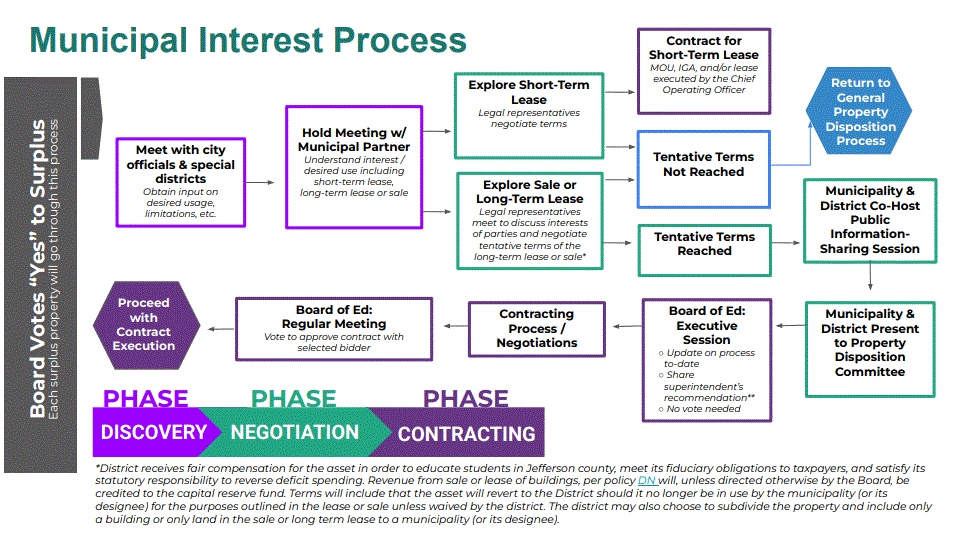The widespread zoning changes Lakewood made in 2013 resulted in a resident-initiated movement known as “strategic growth.” Residents were unhappy with the increased, high-density residential units being built that unbalanced the economic growth of the city. Ten years later, city leaders are still not listening to residents. On December 9, 2024, Lakewood City Council passed a resolution stating the city will have a “zoning rewrite that is bold, imaginative, embraces innovation, and the diversity of needs for the full City of Lakewood.“
This resolution is not normal procedure. Normally, there is a proposal presented to the public that will show specific plans on promoting homes for the unhoused, increased density, and decreased greenhouse gas emissions. This is not that.
Rather, it is a declaration that the city already has its mind made up to implement these changes. And because they seek to be “bold”, the Council will approve whatever the contractor recommends, whether or not the public likes it.
It’s like Lakewood is playing a Jedi mind trick. Lakewood leaders want a zoning code to accomplish a bold new agenda and they are saying: you can’t see the code but it will be good for you. You will like it.
Residents are waking up to the fact that the “anti-growth” narrative was just a way to belittle those who disagreed with the establishment. Look at how residents react to the proposed developments at Whippoorwill and Belmar for proof that no one is asking to stop all development. They just want it done reasonably and in line with existing neighborhoods.
Residents are also waking up to the fact that the “affordable housing” narrative is false because Lakewood doesn’t have a housing shortage. These two narratives are how Lakewood justifies the need for this zoning code change. Lakewood needs to pass this resolution and zoning code before more residents wake up. Going through proper public discussion took years for a short-term rental policy and the zoning code is much more significant.
Being “bold” seems to be a new political buzzword meaning leaders are crossing a line. Bold is fast-moving, which could be dangerous in government designed to work slowly through public discussion.
In this case, as you can see below, the new zoning code will potentially destabilize neighborhoods by extensively changing the rules to densify development in every code. The zoning code was established to keep neighborhoods stable, so residents know the type of neighborhood they are moving into. With these proposed changes, the zoning code can even be used to expedite spending for the homeless, which is a budgetary process normally outside the scope of zoning.
The resolution cites the new comprehensive plan as proof that residents approve of this zoning code change. This is disingenuous at best because:
- The comprehensive plan doesn’t mention specific action, just “feel-good” goals. Think in terms of everyone agreeing on world peace except that for one person peace means the peace that comes after world war.
- Lakewood hired a consultant to rewrite the zoning code BEFORE the results of the comprehensive plan were finalized, substantiating that the game was rigged.
Read the resolution below and see how wonderful it sounds. For each bulleted objective from the resolution, there is an example (in white italics) that shows how it could be twisted into something that residents would not like, most of which have been mentioned by city and state leadership.
The revised Zoning Code will:
- Be a zoning rewrite that is bold, imaginative, embraces innovation, and the diversity of needs for the full City of Lakewood, including:
- Strategies that target the full range of housing needs compatible in scale and form with existing neighborhoods;
- Increase flexibility in all zoning districts where appropriate to provide needed additional density;
- (A pertinent example of this in the Belmar Park development fiasco where a new mega-apartment complex will be built that does not match the existing neighborhood. And that’s within existing zoning! Imagine an apartment building in place of your next-door neighbor’s house or the gas station on the corner.)
- Lead to an increased supply of housing that is more affordable and attainable for individuals below 100% AMI, including for seniors, teachers, first responders, frontline workers, artists, and younger families.
- (Since there is no way to guarantee new housing goes to seniors, new housing will likely go to investors just like it goes to investors now. This point is just emotional blackmail.)
- Eliminate minimum lot sizes while maintaining reasonable setback and other dimensional standards;
- (Buildings are now being built within a few feet of the sidewalk, as opposed to having ten feet of grass and a parking lot in front. This change increases wildfire hazard. It could also mean eliminating the original house to put four tiny houses on one lot – as discussed during a planning commission meeting. Or putting 15 units per acre, as per state suggestions.)
- Improve connected lighting, sidewalks and bike paths;
- (More bike lanes and less car lanes. Think of the separated lanes on Garrison or narrow lanes in Belmar.)
- Improve mixed-use development;
- (the 2013 rezoning already “improved” mixed use, resulting in replacement of promised commercial units with purely residential. This will eliminate even more business space.)
- Codify a 90-day deadline to approve affordable housing projects;
- (residents fought the Whippoorwill affordable housing project for 18 months. This change will allow council to silence and ignore resident concerns.)
- Adopt a meaningful inclusionary zoning policy, either as part of, or as an accompaniment to, a zoning rewrite, which creates below market sale and rental units.
- (inclusionary zoning is a market manipulation. It is modern day rent control, demanding all other units have high prices to subsidize around 10-20% of units being below market rate.)
- Promote strategies and policies that will meaningfully and measurably reduce Lakewood greenhouse gas emissions, conserve water, and incentivize sustainability, each with timely goals and implementation;
- (This includes eliminating parking requirements, even less gas stations or bringing back the fee-in-lieu option for parkland.)
- Lead to Lakewood* meets the requirements of Proposition 123 (as modified by HB 23-1304) regarding Affordable Housing Programs;
- (assuming this means fully adopting the state agenda and giving up the fight on local zoning rights that other cities are picking up.) *-”Lead to Lakewood” is in the original resolution. No idea what this means
- Put fewer constraints on homeowners and renters, give Lakewood residents more choice, raise property values over time, and promote naturally occurring affordable and attainable housing;
- (For example, there have been several suggestions to remove occupancy limits which could lead to overcrowding, health and fire hazards. Group homes in the middle of R1 neighborhoods have already caused problems in Lakewood. There are also suggestions to eliminate emergency staircase standards.)
- Expedite the site selection and procurement of temporary sleeping units and shelters, and promoting and prioritizing permanent supportive housing;
- (Give less notice that a homeless shelter is moving into your neighborhood – there are too many things wrong with this to list. And procurement has no place in a zoning code.)
- Require that the construction, maintenance, and improvements of buildings owned or leased by the city will, where reasonably appropriate, minimize emissions, maximize sustainable design principles, and be built, maintained, and improved with a view towards also serving as a community asset beyond their utilitarian function.
- (Some City Councilors are concerned that the city is not getting LEED certified or have net zero emissions, both of which are EXTREMELY expensive.)
The Lakewood resolution was written at the direction of the City Manager, thus by-passing public input. This allowed City Council to “signal” residents that this bold change was coming. That way there is nothing for residents to oppose until it’s too late to make changes.
The reality is Lakewood does not have a shortage of housing. Changing the zoning code in the name of affordable housing is misleading. Read “The Totally 100% Fake Housing Shortage”.


